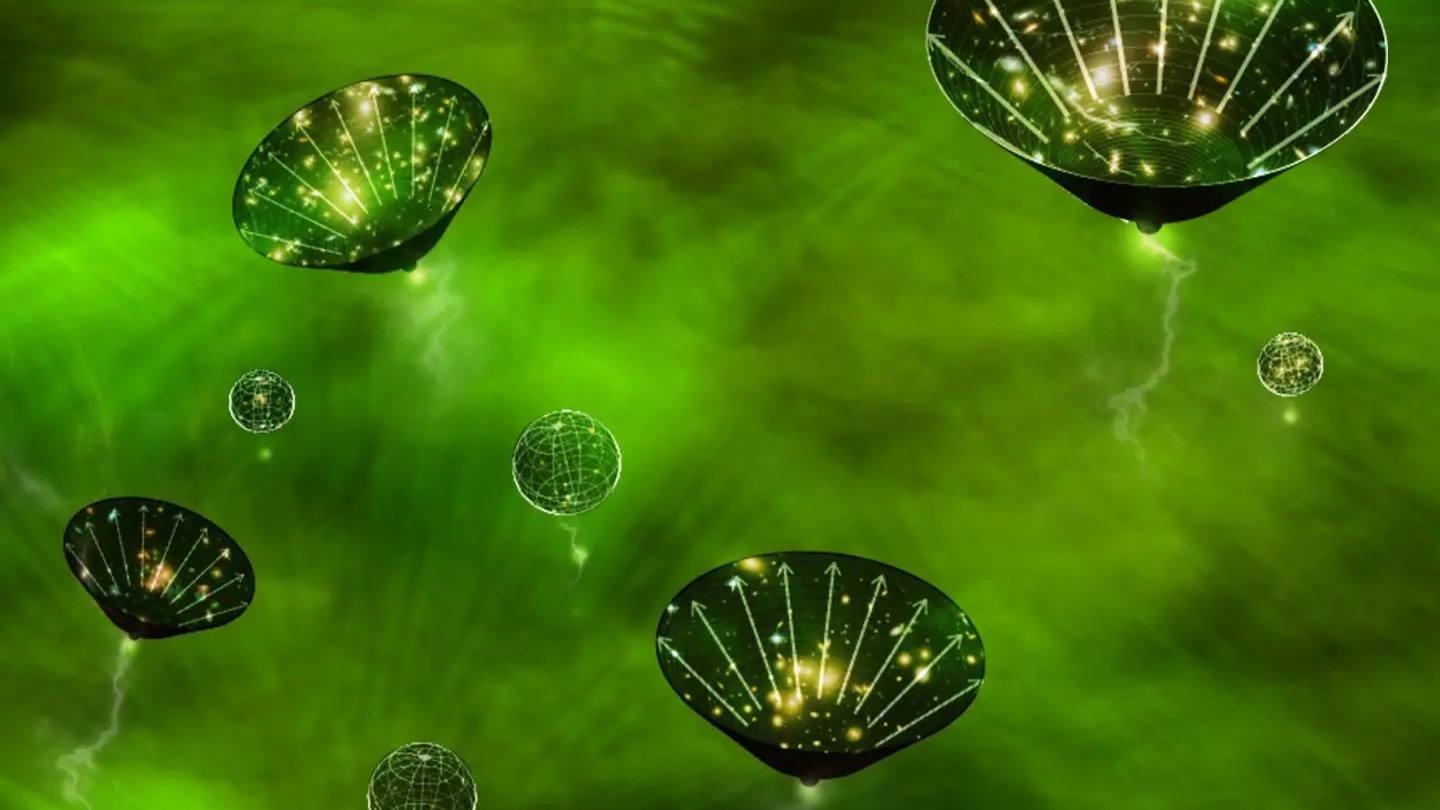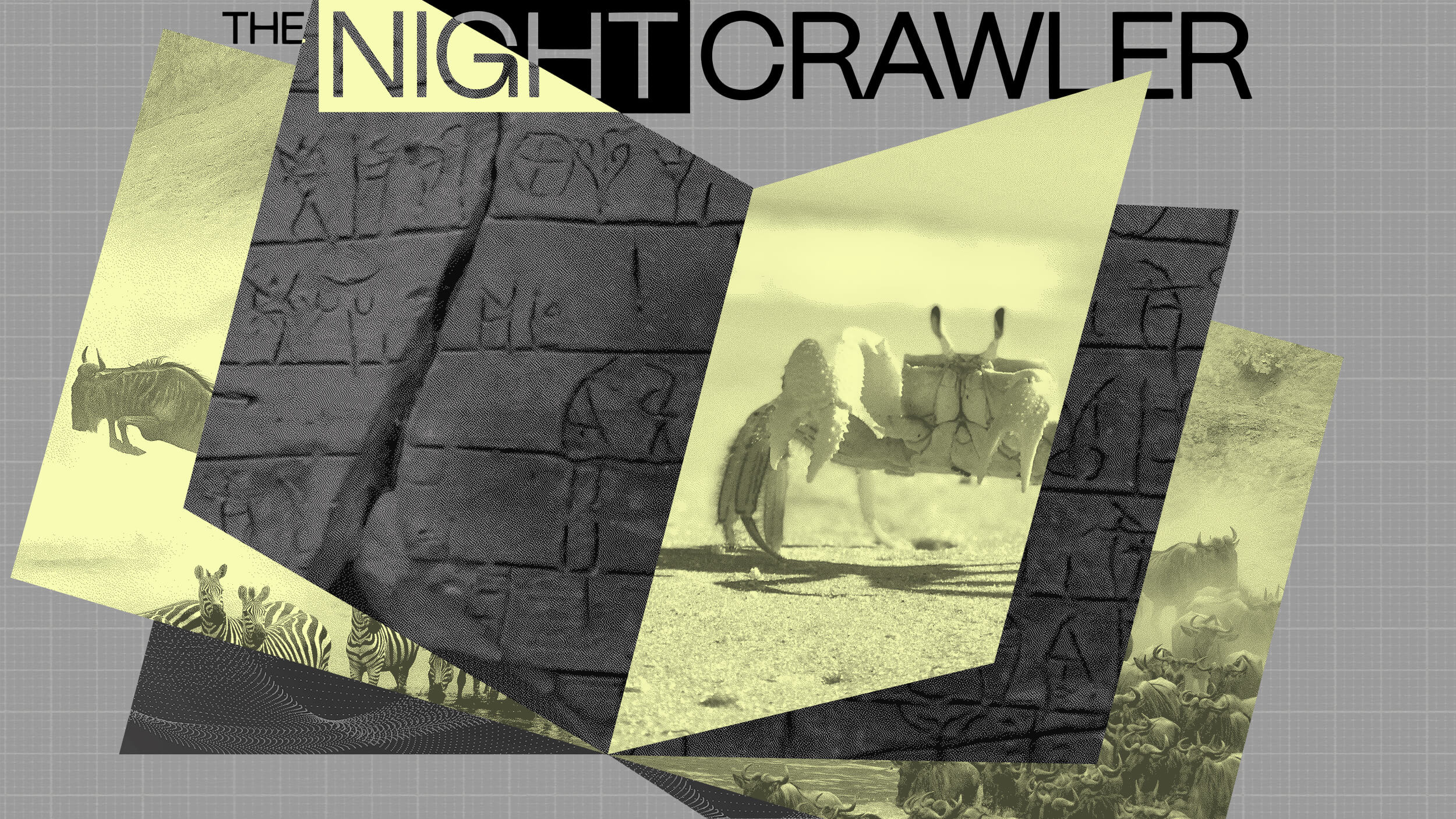Sigmund Freud and Carl Jung believed that dreams were windows into the unconscious, but many scientists now believe they may have no deeper meaning.
Question: How has our understanding of the function of dreams changed over the years?
Shelby Harris: So the older models, when you look at Freudian, when you look at Jungian thought, and there’s still people who really – who really use the Jungian thought of dream analysis, is really that you would analyze the dreams. The dreams are there for a purpose. For some people they say, it’s about wish fulfillment, it’s about the things you are never able to do in your day you are actually fulfilling at night. There are other people who will say that it’s actually telling you something. If there’s a lot of fear that’s going on, if there’s a lot of anxiety, it’s manifesting itself in your nocturnal world so that analyzing it can help open up basically thoughts about what you need to do during the day. So a lot of people who subscribe to the psychoanalysis, the Jungian thought will really focus a lot on dreams, the meaning, and how it can be used to help you during the day.
Now if you go to more modern thought, there are different – it’s actually quite a controversial area. There are some people who believe that dreams really are just kind of a throwaway thing. They are just a way of your brain processing what’s happening during the day, but there’s really no meaning to them; a lot of imagery of just flashes of what happened. There are other people that think that dreams actually do serve a purpose. But what that purpose is, we’re not really sure. So some people believe that it actually does have some psychological representation of what’s going on in the day, but there’s no need to sit and really analyze it. There are other people who think, like myself, that dreams are almost – they’re a reenactment of what happened during the day, but it’s a way of your figuring out and your brain processing, to figure out what does it need to hold onto and remember and what can it just throw away. So it’s like your brain has a large filing cabinet and it’s opening up each drawer and it’s taking in various images and memories from the day, consolidating what it needs to and puts in whatever file. And then if there’s something that doesn’t fit in any of the files and doesn’t really belong, you’ll forget about it. So it’s a way of really getting a succinct way of storing things in your brain.





